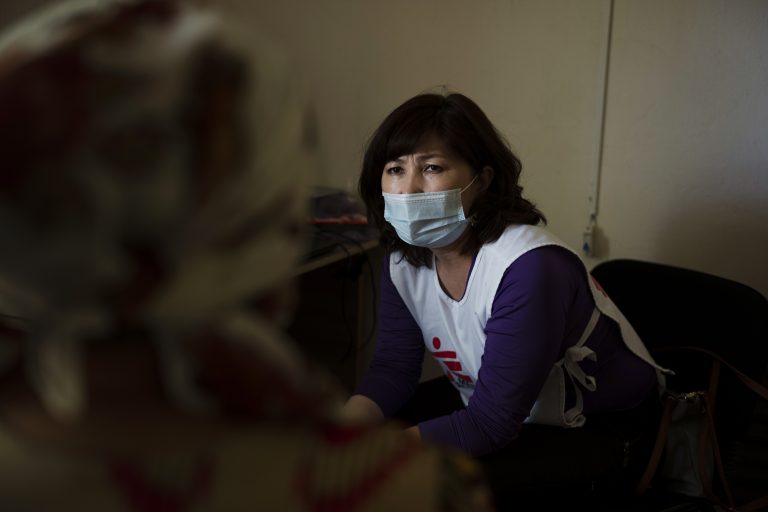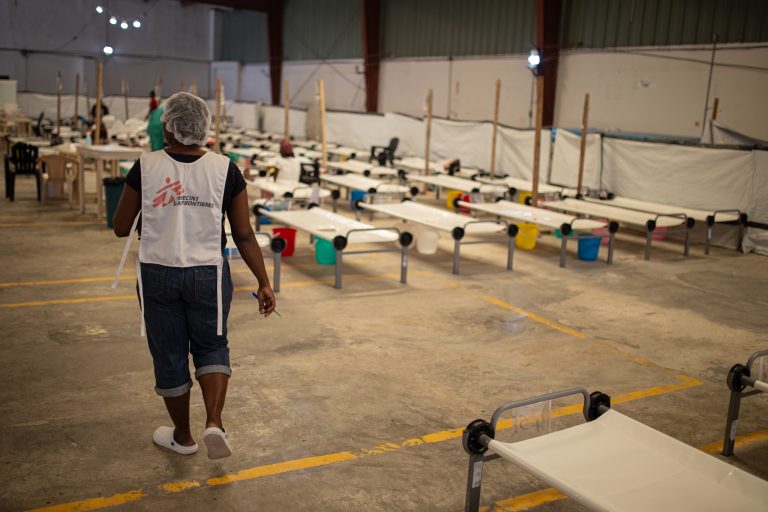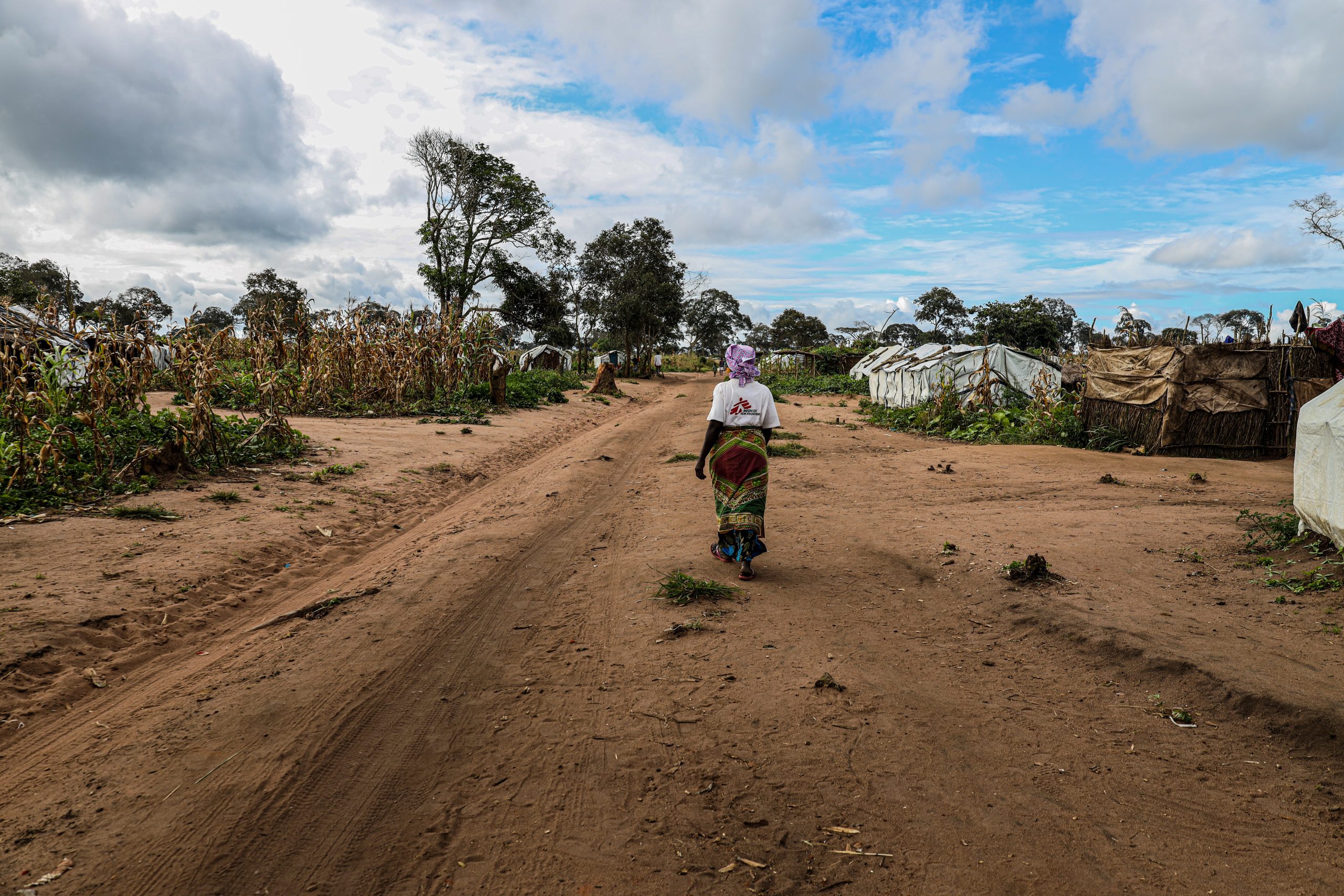Impact and accountability
Thousands of Canadians generously support Doctors Without Borders/Médecins Sans Frontières (MSF), sharing our values and our commitment to assist people facing crises around the world. We are also committed to working as efficiently as possible and maintaining transparency about how we spend the money you donate for medical humanitarian care.
In 2024, we spent more than 79 per cent of money raised globally on our medical projects and advocacy work. Roughly five per cent was spent on administration costs. The rest was reinvested in fundraising.
*Other income:
Interest/investment income
Equipment and services sold to other organizations
Investment subsidizes recorded as income
Other revenues
Merchandising

litres of water distributed
people treated for cholera
vaccinations against measles in response to an outbreak
routine vaccinations
outpatient consultations
people received care following a snakebite
people started on treatment for tuberculosis
people treated for sexual violence
people treated for meningitis
individual mental health consultations

women and girls received treatment for abortion-related concerns and complications

women and girls requested and received safe abortion care

consultations for diabetes
severely malnourished children admitted to inpatient feeding programs
admissions of malnourished children to outpatient feeding programmes
people on first-line HIV antiretroviral treatment under direct MSF care
people on second-line HIV antiretroviral treatment under direct MSF care
malaria cases treated
emergency room admissions
surgical interventions requiring anaesthesia
patients admitted

MSF Canada Impact Report
Every year, MSF publishes our Impact Report looking at the emergency medical humanitarian action you and others in Canada helped us carry out.

MSF Canada financial report
Our annual, audited financial statements – a detailed account of MSF Canada’s revenues and expenditures.
Our commitment to our donors
MSF Canada adopted Imagine Canada’s Ethical Fundraising & Financial Accountability Code as our policy in 2008. We are committed to protecting the privacy of our donors and to upholding the highest ethical standards in the way we raise funds.
We will honour your requests for information, including our most recent financial statements, and any wishes to limit future contact. Our materials will be truthful and will accurately describe our activities and the intended use of the funds we raise, while respecting the dignity and privacy of those who we strive to help.
The public portion of our tax return (T3010), filed as Médecins Sans Frontières/Doctors Without Borders Canada with the Canada Revenue Agency, can be found here.
The generosity of Canadians makes it possible for MSF to deliver emergency healthcare to people caught in some of the world’s worst humanitarian crises.
How MSF works: A fundraising model that allows for immediate response when emergencies or natural disasters occur
When emergencies or disasters such as floods or earthquakes happen anywhere around the world, Doctors Without Borders/Médecins Sans Frontières (MSF) is often among the first organizations providing people critical medical care and support in countries that cannot themselves sufficiently respond.
But how does an organization that already works to provide emergency medical care in over 70 countries prepare itself for the unexpected? One part of the answer lies in our approach to fundraising.
